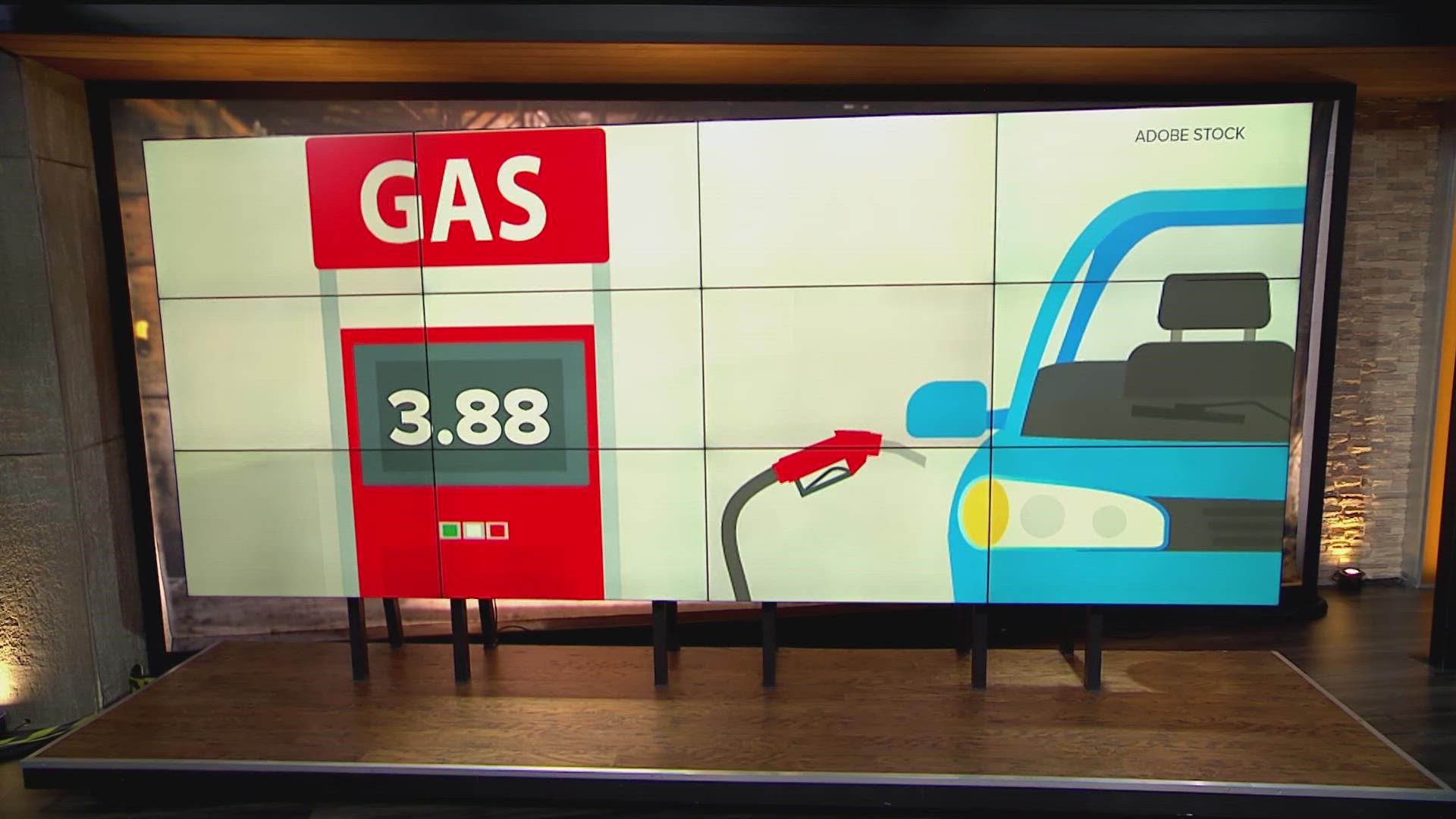ATLANTA — The announcement Tuesday that Russian oil imports will be banned in the United States stands to send gas prices even higher amidst a general rise since Russia launched a war in Ukraine, and it's possible they could peak even higher.
President Joe Biden said in making the announcement that it would "deal another powerful blow to Putin's war machine" and that the U.S. "will not be part of subsidizing Putin's war," appearing to brace the American people for what could be a prolonged economic campaign against Russia.
Exactly how long gas prices will stay elevated is impossible to predict, but we do have a few key indicators that suggest drivers will need to dig in for the long haul on the price hike.
When will gas prices come down?
If you're hoping this will be a quick turnaround, like last year when a cyber attack on Colonial Pipeline caused a supply disruption and a brief price spike, prepare to be disappointed.
Patrick De Haan, an expert on gas markets with GasBuddy, told 11Alive's Christie Diez on Tuesday that this would be unlike previous increases we've seen. He recalled the gas price rise after the 2008 financial crash, and said, "I think this time around, it's going to be longer. It's going to be weeks and months."
That's because, at least partly, that one was a consumer-driven spike - demand increased because people were spooked about rapidly deteriorating economic conditions. This price increase is supply-driven.
Russia is one of the world's largest exporters of crude oil, and targeting their supply means targeting the overall global supply - meaning the supply remains constrained, and prices remain higher, for however long Russia remains targeted.
And how long the U.S. and other countries target Russian oil supplies mostly depends on how long Russia continues to wage the war in Ukraine.
Right now, there's no indication Russia is considering pulling back. And if the war settles into a long stalemate, or Russia succeeds in bringing down the Ukrainian government, it could result in a semi-permanent or even permanent move by Western countries away from Russian oil.
There's really no predicting what a permanent move away from Russian oil markets by the West would do to prices, though it's hard to imagine any near-term situation where they return to normal.
That doesn't mean it would last forever.
The U.S. has several tools it can turn to in order to replace Russian imports, chief among them producing more gas domestically or purchasing more oil from countries like Saudi Arabia and even Iran or Venezuela.
There are also policy tools, such as lowering fuel taxes, that could provide some short-term price relief.
But, De Haan noted, at minimum this situation will almost certainly continue well into 2022.
"Nobody's going to be able to escape this, and it's going to be real bad and ugly for several months," De Haan said.

